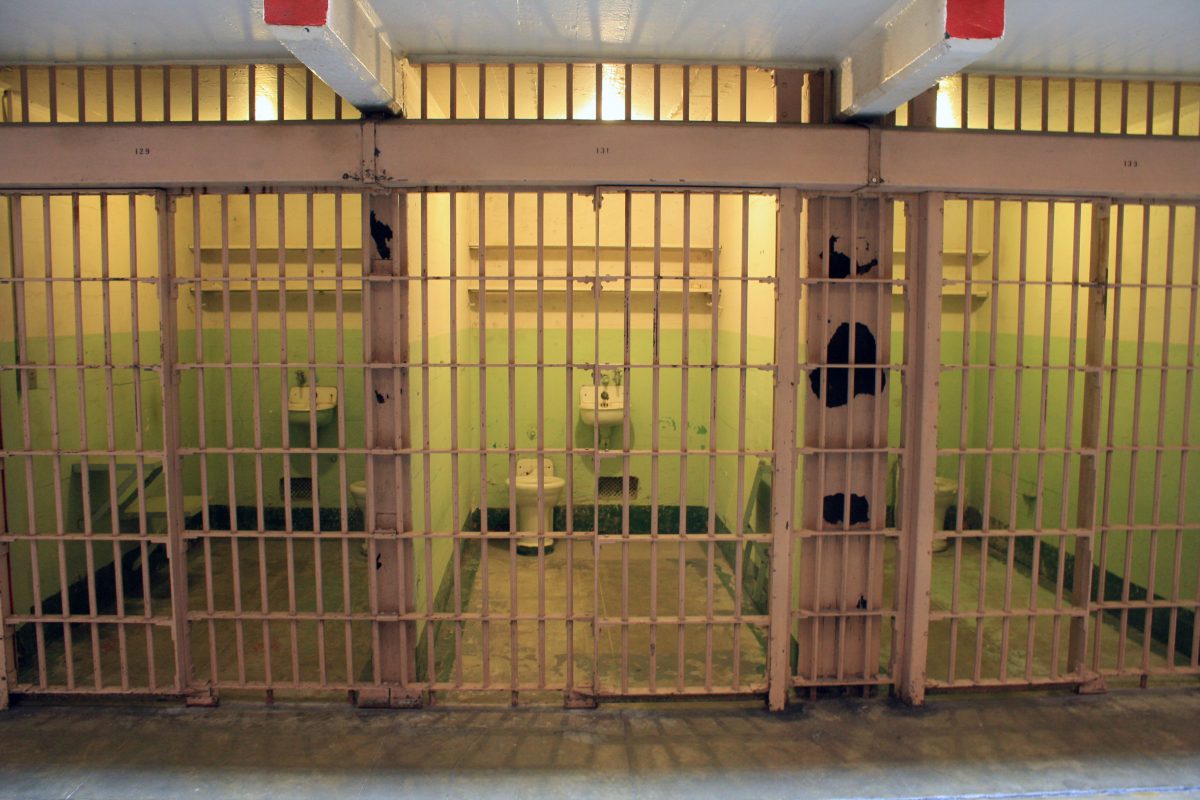A terminally ill man serving time in a Canadian prison has applied for an assisted suicide death because his request for a compassionate early release was denied.
Ed Speidel suffers from end-stage chronic obstructive pulmonary disorder (COPD) along with chronic pain and rheumatoid arthritis. After a parole board denied his request for an early release so that he could die in a halfway home, he applied for Medical Assistance in Dying (MAiD), the country’s legalized assisted suicide.
Speidel said he would much rather die a natural death in a halfway house, but since his next parole hearing is not until 2024, he decided to apply for MAiD instead. “My biggest fear is dying in jail. I don’t want to die in jail,” he explained in a phone interview with CTV News. “I sure hope I get out because if I don’t, I will take MAiD. I’m not going to sit here, unable to breathe, until I’m laying on the floor choking,” he said.
Speidel currently has a lawyer working to secure his early release.
“Are we comfortable with it being the case that people can apply for MAiD and be granted it within a month?” said Lisa Crossley, who works with Prisoner Legal Services. ”If you’re eligible for MAiD, you meet all those requirements, do you really pose such a risk to the community that you shouldn’t be eligible for some kind of release as well?” she added.
Speidel’s request for a MAiD death is part of a larger trend in the country’s prison population. Canada now leads the world in euthanizing prisoners under its MAiD law. A 2019 report on the status of Canadian prisons predicted that, without better planning in healthcare for sick and aging prisoners, the country would see an uptick in MAiD requests — and that is exactly what is happening. “Canada’s correctional authority should not be seen to be involved in enabling or facilitating any kind of death behind bars. It is simply incongruent with CSC’s obligation to protect and preserve life,” wrote Ivan Zinger, the report’s author.
Speidel’s case highlights the ease with which people access assisted suicide in Canada rather than securing the actual care they need. “What it looks like is that it’s easier to kill myself here, with their (medical) help, than it is to try and convince them to let me back out. And I don’t understand why,” he said.







